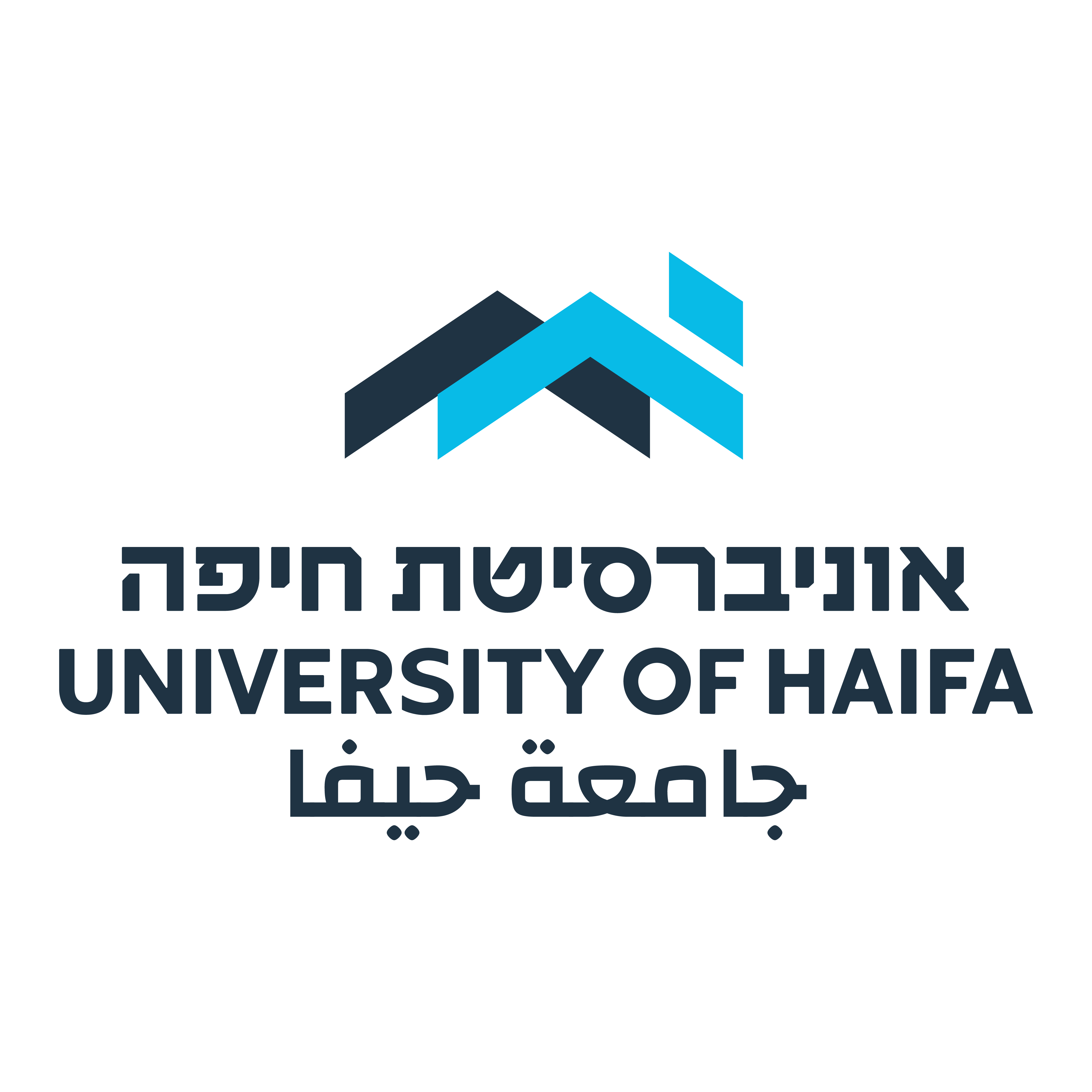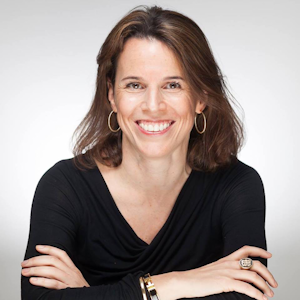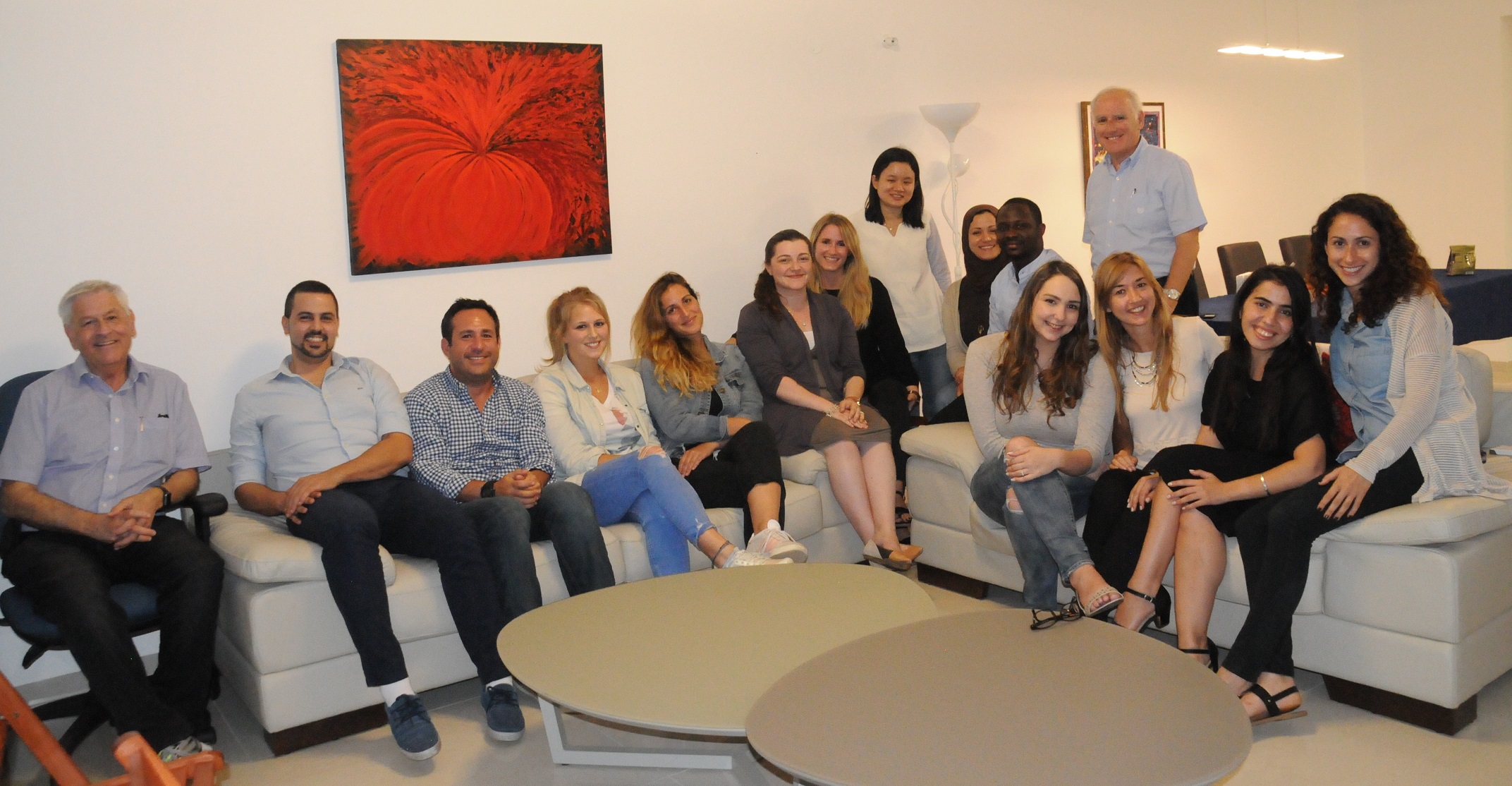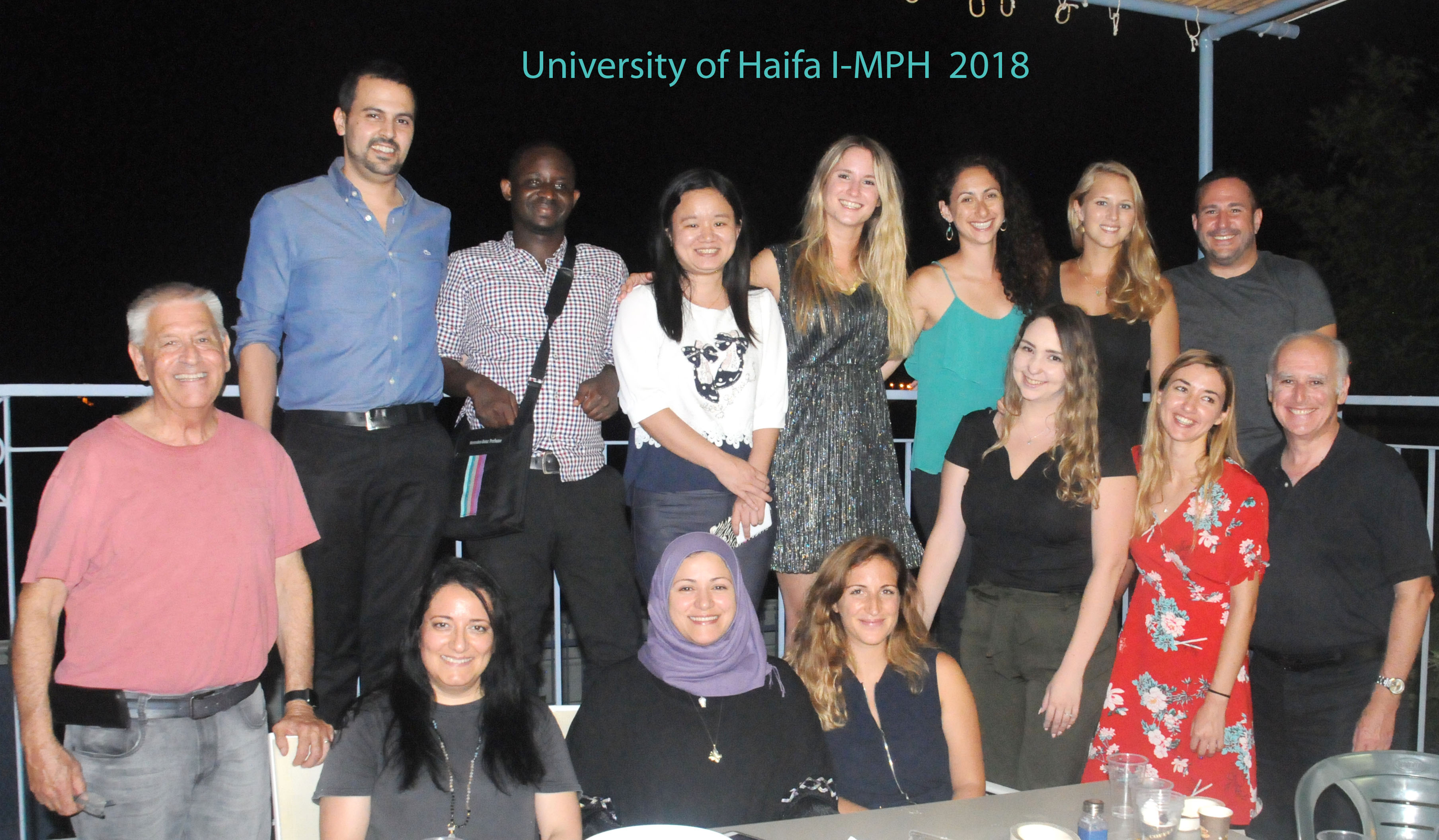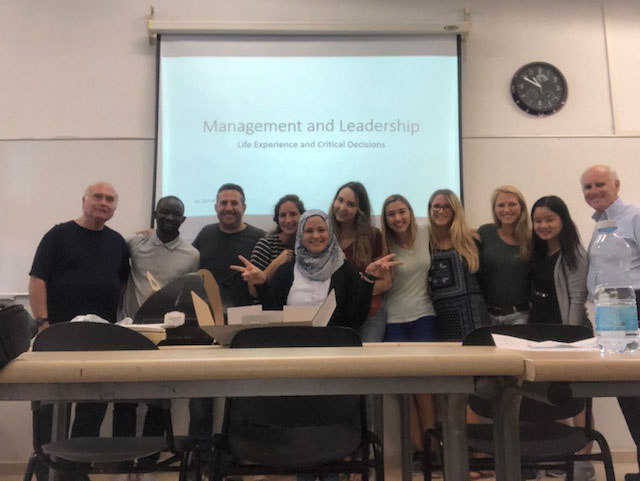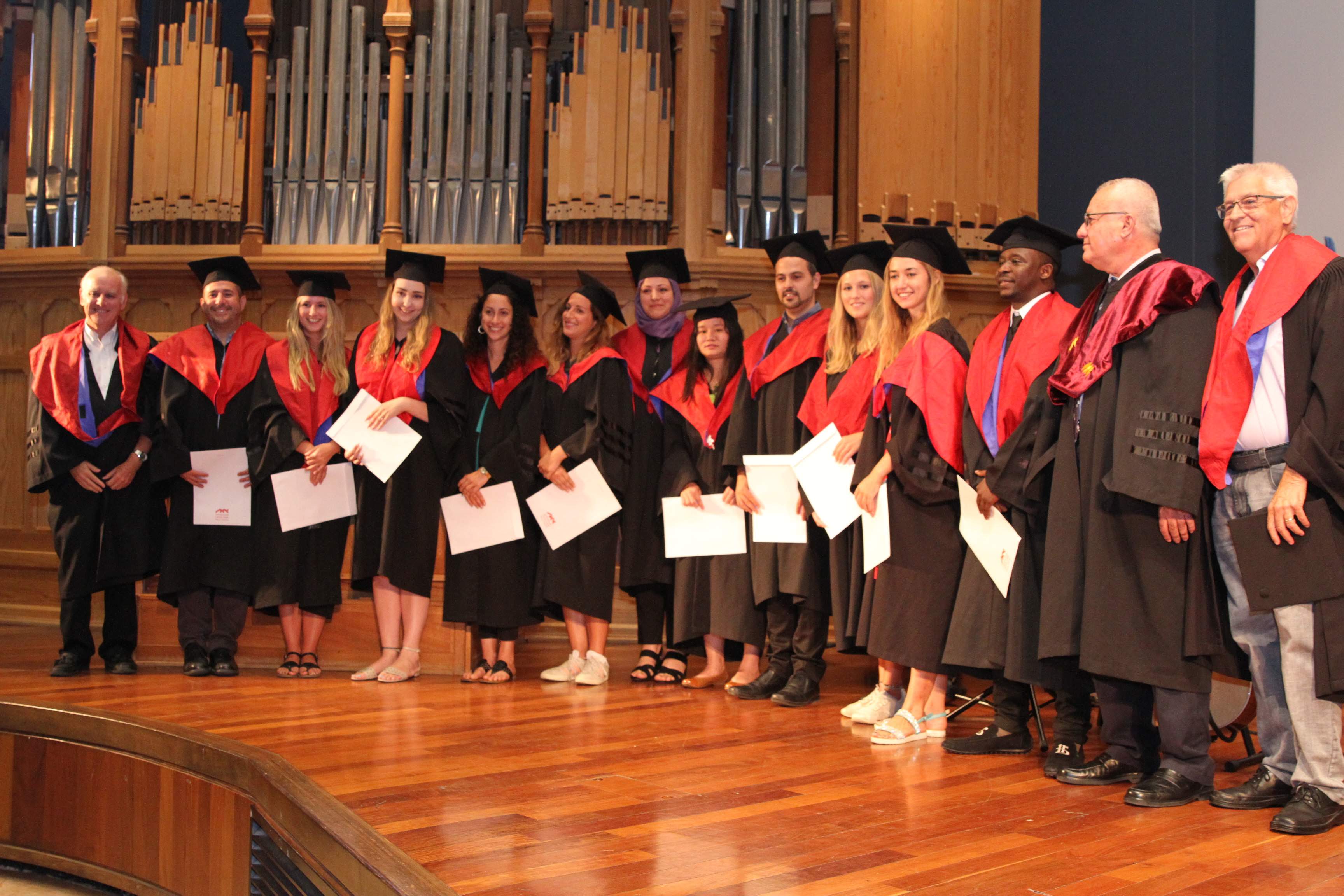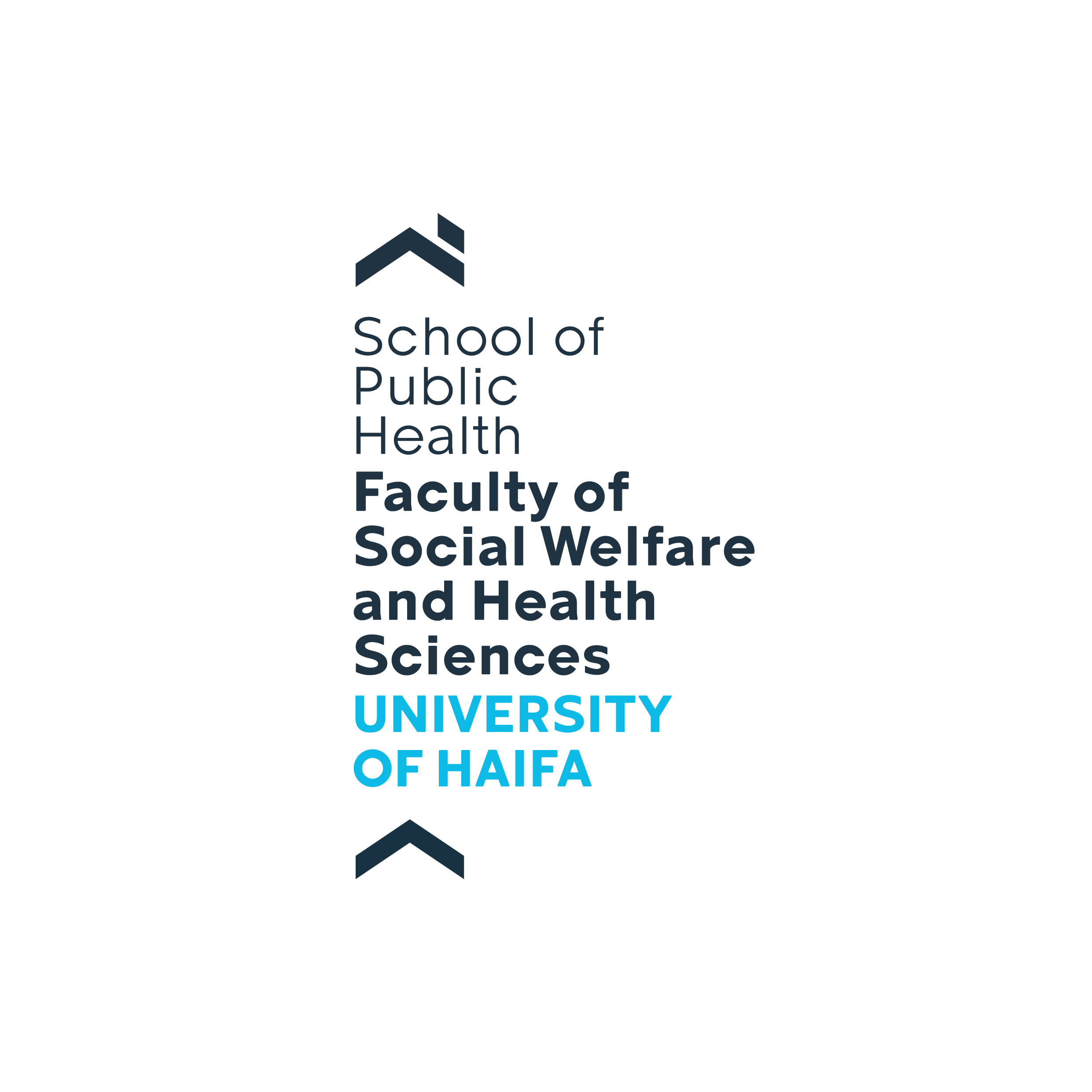Diverse issues in higher education
A Transformative Model for Diversity in Higher Education
August 15, 2018 |
by Karen L. Berman
Affirmative action.
Karen Berman
The mere mention of those words in the college admissions process evokes heated debates that often overshadow the true value of diversity that policies are meant to achieve. Diversity is more than a social virtue; diverse organizations are robust breeding grounds of innovation, technological advancement and the creation of intellectual capital.
In 2013, a Harvard Business Review study showed firms with management teams that have both inherent diversity—traits one is born with such as ethnicity, gender or sexual orientation—and acquired diversity—traits gained from experience—are 45 percent more likely to report market share growth over the previous year and 70 percent likelier to report that the firm captured a new market. Google “benefits of diversity in the workplace” and your search will return myriad articles published in the last three years by nearly every major business publication providing data supporting similar results.
The benefits of diversity in higher education are equally studied and touted. Research from a wide spectrum of institutions, including the Gates Foundation, Carnegie Mellon and Harvard University, demonstrate links between academic achievement and diversity. Exposure to new ideas, new cultures and people from different backgrounds promotes creative thinking, expands academic discourse, enhances self-awareness and better prepares students for a global economy.
To be fair, the issue is often not why diversity, but how to achieve it. Since the Supreme Court’s 1978 landmark decision in Regents of the University of California v. Bakke stipulating that race could be one of several factors in college admissions, public debate has been unending. Some opponents of race-based affirmative action deem the policy “reverse discrimination” while others argue that today, affirmative action should be based on income as socioeconomic achievement gaps are now larger than racial ones.
How can the prioritization of diversity in university settings become a real practice and a unifying force, and not a political football? Israel—and in particular one Israeli university—may have an answer.
One might assume that in Israel, a country that often makes headlines for political and religious tension, diversity would be even more controversial than it is in the U.S. But that assumption ignores the integral role diversity plays in Israeli society. Though it is known as the “Jewish state,” Israel is home to many thriving minority populations, including Christians, Muslims, Bedouins, Circassians and Druze. In a region where ethnic and religious minorities, as well as women and LGBTQ individuals, are often persecuted, Israel is a beacon of tolerance and multiculturalism.
A country like Israel doesn’t embrace diversity overnight. The values that shape any society are often inculcated in public institutions, particularly universities, where students are discovering their passions and directions in life as they prepare to become contributing members of society. What transpires on campuses can ultimately shape societal outcomes; a country that prioritizes diversity needs to reinforce that value in its universities. The University of Haifa, Israel’s youngest university, presents a model that the world can emulate.
The university’s thriving population of non-Jewish students—more than 25 percent of the total student body—debunks the claim that Israeli society marginalizes Arabs or any other minority sector. University of Haifa alumna and political science scholar Lian Najami was recently selected as the first-ever Arab-Israeli recipient of the Rhodes Scholarship. A native of a small neighborhood near Haifa with Jewish and Arab populations of equal size, Lian first connected with University of Haifa as a child through a university-sponsored community project.
While a student, Lian implemented a community-based Arabic and Hebrew language program for young children to bridge their language and cultural barriers. Now, she works to raise awareness about minority groups in Israel and to address the challenges facing Arab women around the world. Lian is just one example of how the university is cultivating the leaders who will tackle the world’s increasingly complex challenges.
University of Haifa’s environment combines an academically challenging, broad-based curriculum with a student body that reflects the mosaic of Israeli society—Jews, Arabs, Christians and Druze; military officers and civilians; natives of small villages and large cities. We serve a greater number of both recent immigrants and first-generation university attendees than any other Israeli university and offer more than 20 international degree programs taught in English. Our students are the future leaders who will thrive in diverse environments, not insular communities.
The world demands academic institutions whose student bodies, university constructs, curricula and overriding philosophies are deeply rooted in the value of diversity. These institutions can become true agents of positive change. University of Haifa serves as a model approach for others to follow.
Karen L. Berman is CEO of the American Society of the University of Haifa
